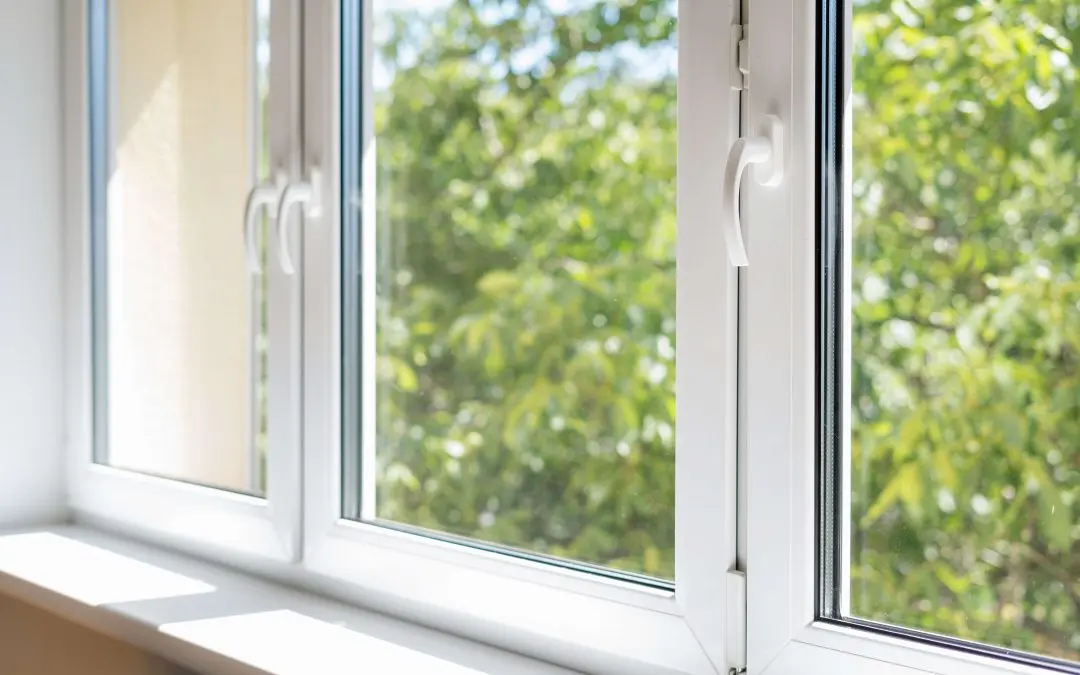Windows are crucial to your home’s comfort, energy efficiency, and overall aesthetic. But like any part of a home, they don’t last forever. Knowing when to replace your windows is essential to maintaining a functional and efficient home. While some signs are obvious, others might require a closer inspection. In this guide, we’ll walk you through the signs that it’s time for an upgrade so you’ll make an informed decision about your home’s windows.
Visible Damage or Decay
One of the easiest ways to tell it’s time to replace your windows is by their physical appearance. Cracks, warping, or rotting frames are clear red flags. Wooden frames, in particular, are susceptible to rot if exposed to moisture over time. Even if the damage looks minor, it can lead to drafts, leaks, or pest infestations.
If your window glass is cracked or has a broken seal, you’ll likely notice condensation or fogging between the panes. This obstructs your view and diminishes the insulating properties of your windows, leading to higher energy costs.
Difficulty Operating Your Windows
Windows should open and close smoothly. If you struggle to use them due to sticking, swelling, or hardware failure, it’s time for replacements. Stubborn windows are a safety hazard, especially in emergencies. They also compromise ventilation, leaving your home feeling stuffy and uncomfortable.
Persistent Drafts and Temperature Changes
Drafty windows are a common sign that replacements are in order. If you feel a breeze near your windows even when they’re closed, they are no longer effectively sealing your home from the elements. This results in fluctuating indoor temperatures, making it harder to keep your home comfortable.
Older windows, especially single-pane ones, are particularly poor at insulating your home. Upgrading to modern, energy-efficient windows will improve your home’s temperature consistency while reducing your heating and cooling bills.
If You Notice Rising Energy Bills, Replace Your Windows
If your energy bills have been creeping up without a clear reason, your windows might be the culprit. Inefficient windows let your conditioned air escape and allow outdoor air to seep in, forcing your HVAC system to work overtime. Replacing outdated windows with energy-efficient options, such as double- or triple-pane models with Low-E coatings, makes a noticeable difference in energy costs.
Outside Noise Becoming a Problem
If you live in a noisy area and notice that sounds from outside are becoming more pronounced, your windows might no longer provide adequate soundproofing. Modern windows are designed to minimize noise infiltration. If the noise level is disrupting your daily life, upgrade to windows with soundproofing features.
Replace Your Windows to Enhance Your Home’s Aesthetic and Value
Even if your windows are still functional, you might want to replace them to boost your home’s curb appeal. Modern windows come in various styles, materials, and colors, allowing you to customize them to match your home’s architecture. New windows also increase your home’s resale value, making them a worthwhile investment if you plan to sell.
Age of the Windows
Windows have a lifespan, just like any other part of your home. Most windows last 15 to 30 years, depending on their material and maintenance. If your windows are nearing or exceeding this age range, it’s wise to start thinking about replacements, even if they seem to work well. Modern windows offer features that older ones can’t match.
Recognizing the signs that your windows need replacing saves you money, improves your home’s comfort, and enhances its overall appeal. If you notice any of these issues, consulting a window professional will help determine the best course of action. Don’t wait—address your windows today and enjoy the benefits for years.
FAQs About When to Replace Your Windows
Can I replace windows one at a time?
Yes, you can replace windows individually if needed, but replacing multiple windows simultaneously can save time and potentially reduce costs.
What type of windows are best for energy efficiency?
Double- and triple-pane windows with Low-E coatings and argon gas insulation are among the most energy-efficient options.
How long does it take to replace windows?
The actual replacement process for each window usually takes a few hours. The total time depends on the number of windows being replaced and the project’s complexity.
Second Opinion Home Inspections offers inspection services to customers in Door and Kewaunee counties. Contact us to request an appointment.

